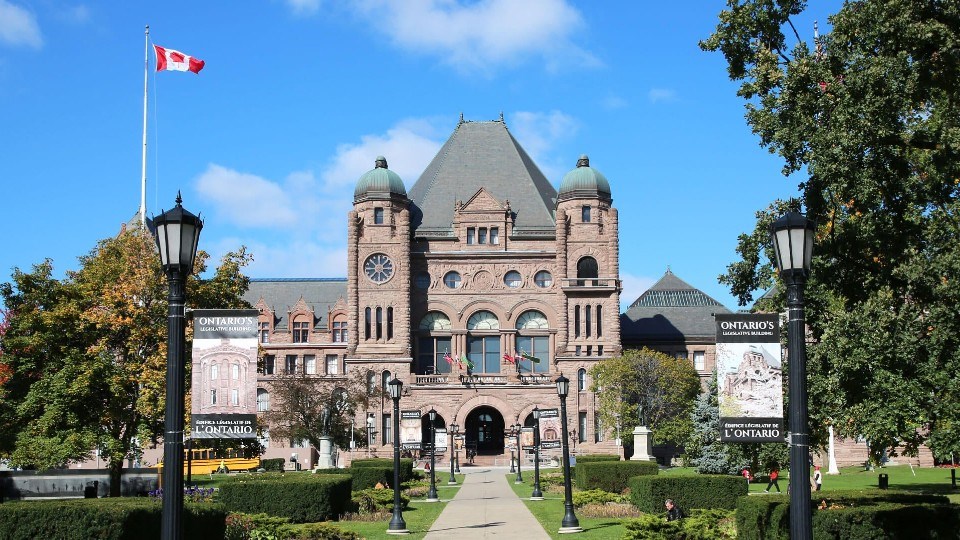TORONTO — The Ontario government confirmed Tuesday it is moving to increase the general minimum wage from $14.35 to $15 an hour effective Jan. 1, 2022.
It also proposes to eliminate the special minimum wage rate for liquor services, entitling them instead to the general minimum wage.
In addition, students under 18, home workers and hunting and fishing guides will see their special minimum wage rates increased.
In announcing the planned legislation, Premier Doug Ford said, "When we asked labour leaders what their priorities were, increasing the minimum wage was at the top of the list."
Ford inherited a planned $15/hour minimum wage when elected in 2018, but promptly cancelled it, freezing Ontario's minimum wage at $14/hour until last year, when it jumped to $14.25.
The government announcement noted that liquor servers were previously treated differently in the belief that customer tipping makes up the difference.
"However, many of these workers have increasingly seen their tips pooled and redistributed among many staff, making it harder for them to make ends meet," it said.
The current minimum rate for servers is $12.55 an hour.
Other proposed changes include:
- The minimum rate for students under 18 and working 28 hours a week or less when school is in session, or during holiday breaks, will rise from $13.50 to $14.10/hr
- The minimum for homeworkers (doing paid work out of their own homes for employers) will increase from $15.80 to $16.50/hr
- The minimum for hunting and fishing guides working for less than five consecutive hours in a day will rise from $71.75 to $75.00
- The minimum for guides working five or more hours in a day will increase from $143.55 to $150.05
From January to August 2021, about 764,000 people in Ontario were at or below the proposed minimum wage of $15/hr.
Most minimum wage earners are women.
Approximately 37 per cent of workers at or below the proposed new minimum are in the retail trade, while about 24 per cent are in accommodation and food services.
The government said a full-time worker making the general minimum wage could see an annual increase in earnings of $1,350.
NDP leader Andrea Horvath was quick to criticize the announcement, saying workers need "a bare minimum of $17/hr to cover the cost of living."
Horwath said the Ford government's cancellation of a planned $15 minimum wage three years ago has cost affected workers more than $5,300 each to date.
"The cost of everything has skyrocketed since then, like housing auto insurance, food and gas," she said, so that $15/hr "isn't nearly enough anymore."
Unifor National President Jerry Dias, who attended the government announcement, said it means higher pay for thousands of union members with "minimum wage plus" clauses in their collective agreements.
Dias said those clauses ensure that workers in retail and service sectors will always stay a step ahead when the minimum wage goes up.
He added "This $15 an hour promise will raise the floor, but Ontario can, and must do better to deliver living wages to all workers."
A recent report by the Ontario Living Wage Network updated living wage thresholds in various regions of Ontario, including Thunder Bay where it said the minimum rate should be $16.30/hr.
– TBNewsWatch.com



